By Abdoulie Lowe
Recently, I spent some time thinking and asking myself a few questions: Who are we? Where have we been? What did we learn from our recent past? Where are we now? Where are we headed? What we need to do to get there?
Who are we? Do we have a national identity? What is our identity as Gambians?
I am fortunate to witness all the three administrations- the Jawara, Jammeh, and the Barrow administrations. And, I am very lucky to have lived in rural and urban Gambia and met people from all walks of life. Also, it’s reported that my dad was wealthy, but I grew up in and around poverty. My background and experiences give me the knowledge and wisdom to discuss poverty and certain regressive and counterproductive beliefs/mindsets. For the past four decades, I struggled to discover who I am, what I want to be, and how I want to be remembered? I have figured that part out a few years ago and I am working on it.
However, I am still struggling to understand my identity as a Gambian and what does it mean to be a citizen of the smiling coast. When people say- “I am an American,” they are sending a message that nobody can deprive, limit or stop them from achieving their dreams/aspirations and sometimes it’s used to show signs of patriotism/pride of their national colors. Sadly, when we say “I am a Gambian” it’s a sign of entitlement to our meager economic resources and we MUST change this mindset. To use the words of the great American president, we are mostly focused on “what our country can do for us” and pay less attention to “what we can do for our country.” If you follow the Social Security and Housing Finance Corporation (SSHFC) debacle, then you’ll fully understand what I am insinuating here, but that is for another write up.
Where are we from?
When I was growing up, I heard a lot of stories about how my dad used to help those that were less fortunate in his community. Furthermore, I grew up in Bansang, which was a close-knit community where nobody was poor because those were well off took good care of the less fortunate. I don’t know about you, but the generations of our parents and grandparents were the best generations ever because they respected and took good care of each other. When we focus more on material wealth and vanity, we are bound to lose our creed and humanity. Take a moment and reflect on the last time you helped a fellow Gambian in need or selflessly volunteered in your community? When I was growing up, I used to volunteer at my friend’s family rice fields and when they harvest their crops, they will share most of it with the community. It is apparent that the more we get exposed to western cultures, the less we care about the bonds that held our predecessors together- a tradition of sharing, caring, and kindness. And, we will eventually forget what really matters, which is our humanity. Our grandparents and parents valued humanity more than they loved gathering wealth and that’s why I say they’re the greatest generations.
Lessons from our recent past?
Politically we have been through a very rough path since independence. After 30 years of minimal progress or underdevelopment during the PPP era, we suffered a major setback during the 22 years of Jammeh’s tyranny. We have witnessed autocracy at its worst and we must never tread along that path ever again. Any sign of despotism must be met with stiff resilience and a unified voice saying unequivocally- NO TO DICTATORSHIP; NEVER AGAIN. However, we didn’t wake up one day and realized that we are in the choke hold of a brutal dictatorship. Nope, that’s not exactly how it happened; It was gradual, deliberate, systematic, and brilliantly orchestrated ploy by Jammeh and made possible by sycophancy, complacency, indifference, and maliciousness of some Gambians. I still can’t fathom how some Gambians sleep well knowing a fellow Gambia is being tortured or going through severe trials, tribulations, and persecutions. I still don’t get it, but that is for another write up.
Where are we?
We are at crossroads and we have to be cautious because we still have the potential to relapse into dictatorship all over again. This is because just as President Barrow insinuated, the powers/laws that held us in bondage for 22 years are still the same. And, if I may add- the attitude, mindset and unscrupulous people that made Jammeh into a full blown despot are still around and scavenging on President Barrow. I hope Barrow also knows that the resilient people that got rid of Jammeh are still around to agitate another change if he fails to fulfill his obligations. A retired prominent Gambian- who worked for the UN for over 30 years and still connected to the leadership- told me that immediately after the defeat of Jammeh, the Coalition government could’ve gotten anything they asked for if only they had a vision or plan for Gambia. We had so much goodwill from people around the world, we could get anything from the international community if we had a plausible vision for our beloved nation. It took the coalition government over a year to come up with a National Development Plan (NDP). It was clear that Barrow and his cabinet, some of whom aspire to be president someday, can’t come up with a vision and plan for Gambia within one year. I was disappointed, but still hopeful that we can implement the NDP if ONLY Barrow and his cabinet can focus more on advancing the welfare of the Gambian people and less on advancing their own political ambitions. The National Development Plan must take precedence over the Barrow Youth Movement for whatever…
Where are we headed?
Gambia has been through slavery, colonization, post colonialism, dictatorship, and now a democracy. The past must be our various reference points because those who do not learn from past experiences are bound to repeat them. But, we can’t spend the next twenty or thirty years blaming the slave trade and colonialism. Therefore, for the purpose of this write up, I will deliberately ignore slavery and colonization not because they did not impact us adversely, but those events are beyond the control of this generation. Yes, these two vices have done a lot of harm to us, but I don’t expect anybody to judge a person’s future by the mistakes he committed when he was a child. Gambia is 53 years old, which means she has to start taking ownership of her successes and failures, and stop blaming it on slavery and colonialism. We are headed to the Promised Land and nothing can stop us from reaching our destination. Failure is not an option anymore. Now that we have a national development plan, we must work diligently together to implement it and set the nation on the right path. A path that most developed nations have traveled and continued to trek on. A path where every citizen is given equal opportunity to acquire economic resources. And, we must always let justice guide our actions toward the common good.
What we have to do to get there?
In order to get to this new destination that we yearn for, we need to change our ideologies and mindsets. Yes, it’s okay to belong to religious, tribal, social, and political groups, but all these groups belong to a much bigger group called The Gambia, our homeland. Therefore, the interest of the nation must be paramount and our ultimate loyalty must be reserved ONLY for Gambia and advancing the welfare of her diverse peoples. We must all contribute our quota in the development process. We must build on the successes of the past and learn from their failures. And by the end of Barrow’s term, I hope there’s tangible and measurable progress to show our kids someday. We must look them in the eyes and say- we have played our part in building a progressive and prosperous Gambia. That way, our children will carry the baton, play their role in moving the country forward, and then pass it on to the next generation, who will also do their part and pass it on to the next.
Hopefully, one day our great grandchildren will read the history books and say- it was the generation of selfless people like Demba Baldeh and Momodou Krubally; activists like Pata PJ, Babou Njie Sallah, Coach Pa Samba Jow, Alieu Bah, Killa Ace, Pa Modou Jobe, Babou Jobe, Fatou Camara, Fatou Sagnia, Mama Linguerre Sarr, Ida Jallow, Fatu Camara; young dynamic leaders like Bakary Badgie, Sanna Jawara, Aziz Dabakh Gaye, Jaha Dukureh; smart brothers like Ebrima Saye, Njundu Drammeh, Madi Jobarteh, Nyang Njie, Sana Sarr, Amran Gaye; academics like Dr. Ceesay, Dr. Lamin Mbaye, Yunus Hydara, Yama Njie, Sulayman Bokar Bah; young entrepreneurs like Binta Drammeh, Haddy Faye, Awa Fatty, Chilel Sarr, Modou Njie; philanthropists like Badara Pullo, Saikou Camara, Haddy Mbow, Foday Singhateh, and many others who started the intellectual interchange that sparked the exchange of ideas and creativity that changed the Gambia for good.
Until I find time to write again…. To the Gambia ever true…

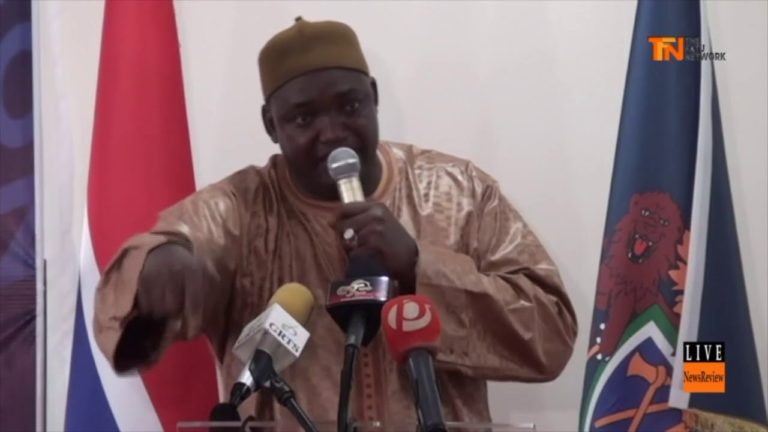
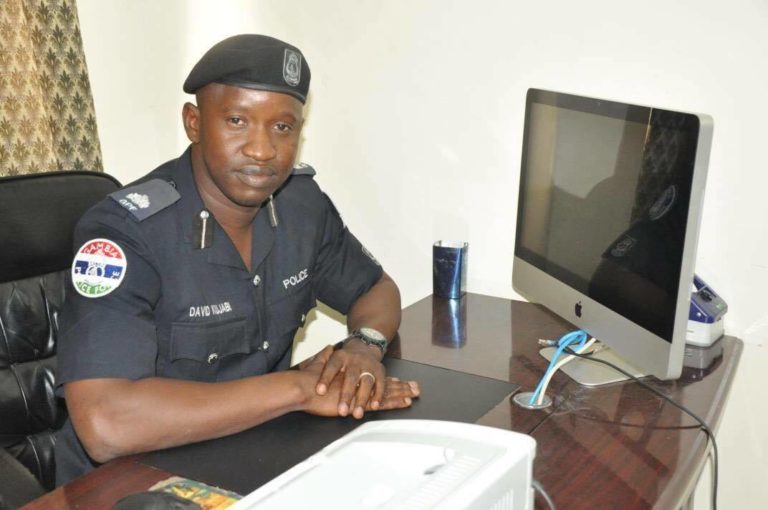
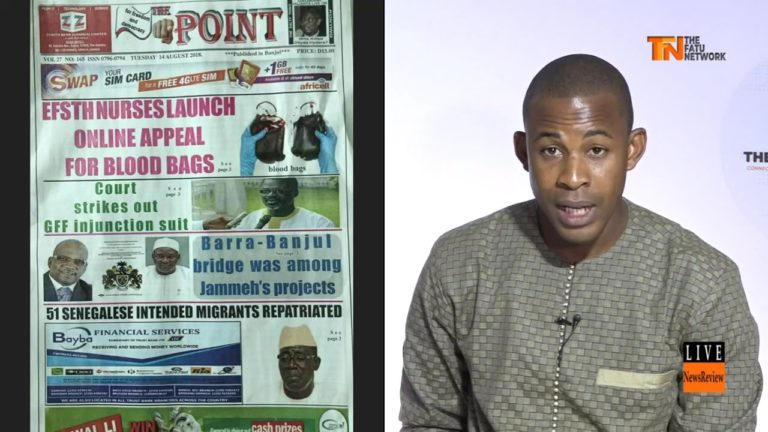



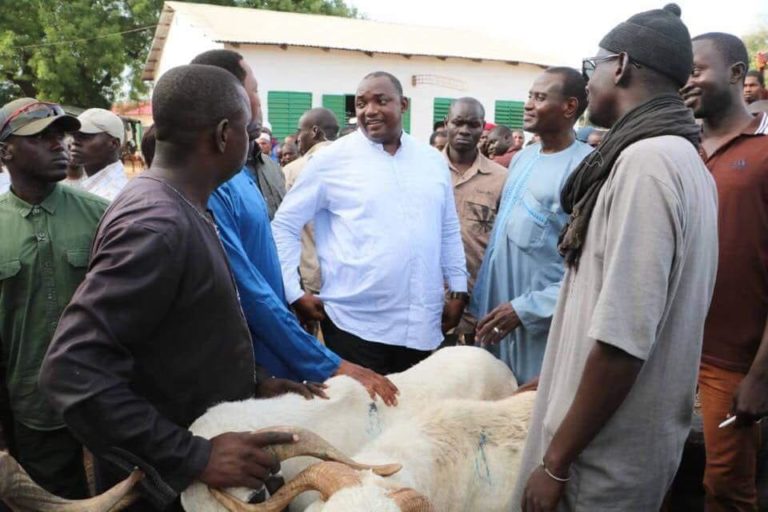
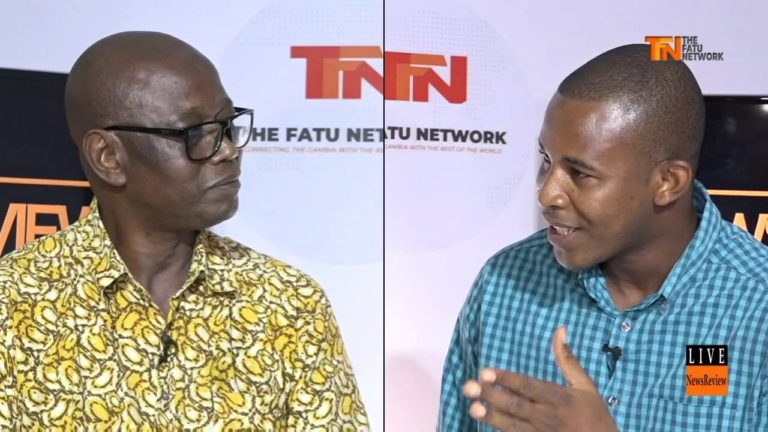
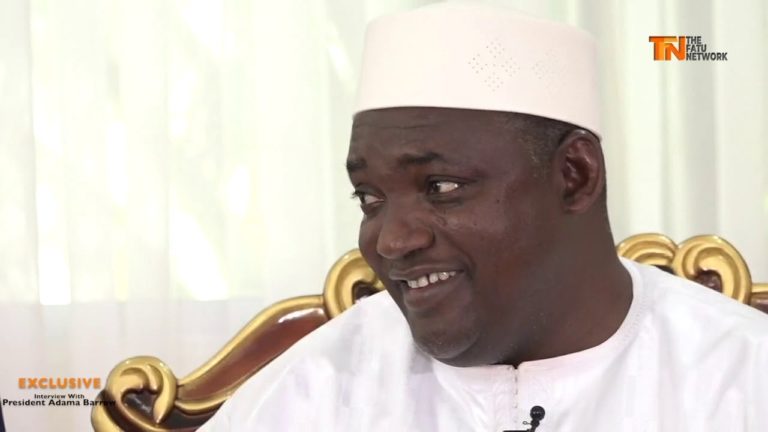
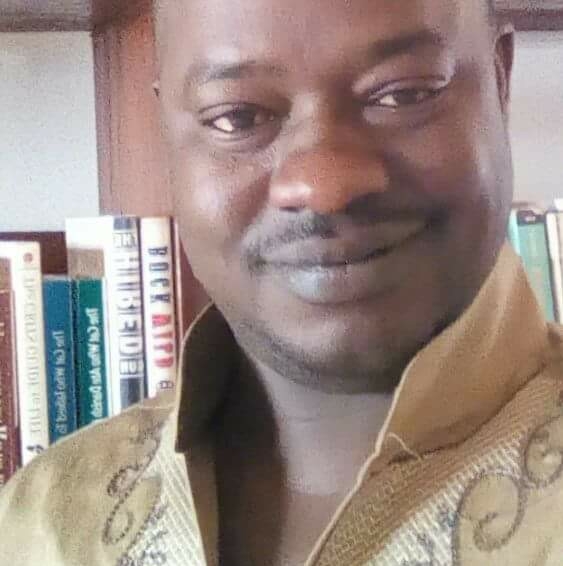

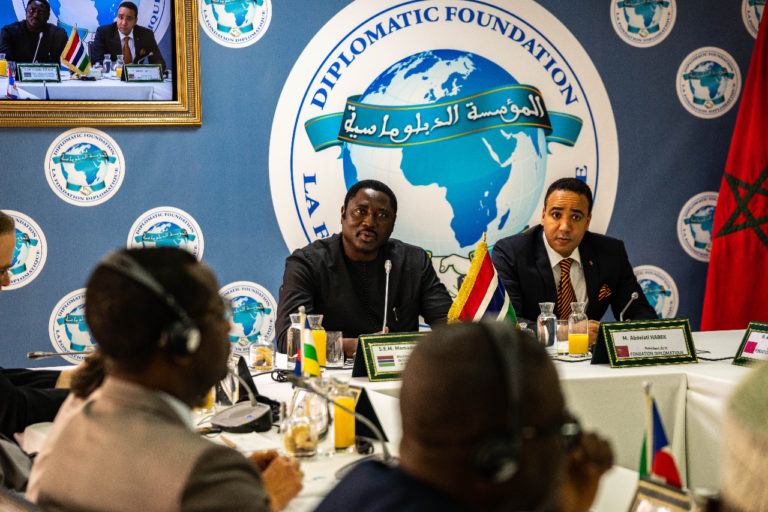
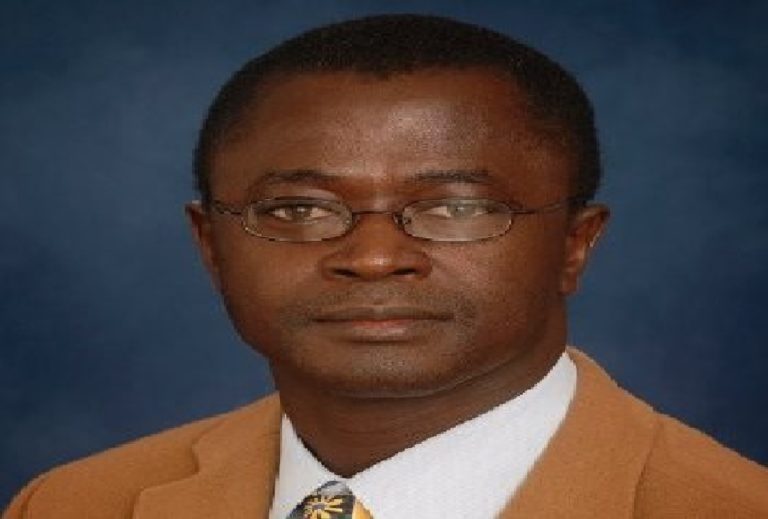
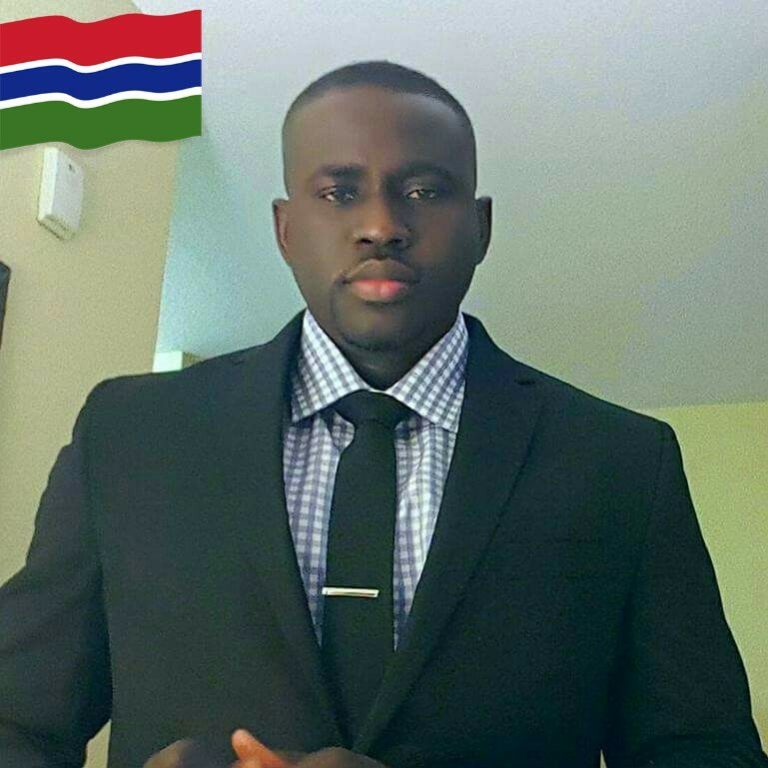
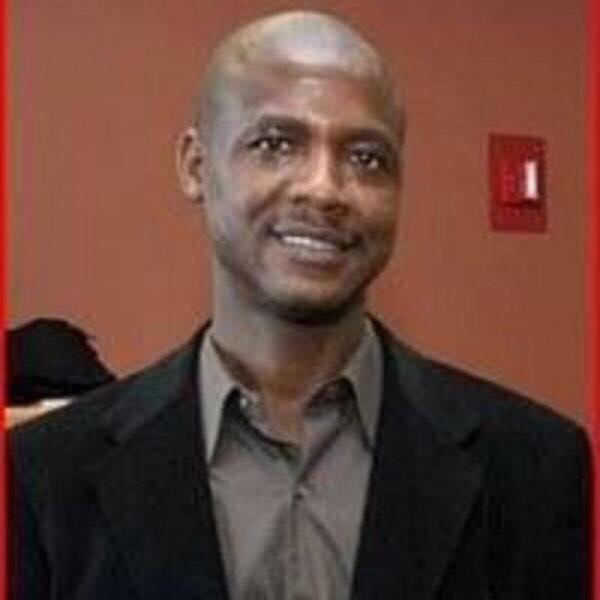


President Barrow Responds To Dr Ceesay
By Omar Wally
President Adama Barrow, has for the first time publicly responded to Dr Isamila Ceesay, a Political Science Lecturer at University of The Gambia.
Observers say, Dr Ceesay is becoming a thorn in the flesh of President Adama Barrow.
In a recent interview, Dr Ceesay said President Adama Barrow lacked the ‘intellectual pedigree’ to run the Gambia; that remark ruffled feathers.
Tuesday during a press conference at State House in Banjul, Barrow did not hold back his anger with Dr Ceesay’s remarks saying he (Dr Ceesay) is looking for cheap popularity.
President Barrow told those questioning his qualifications that he managed the finances of United Democratic Party, for many years.
Barrow said when he returned to The Gambia from The UK, he did not seek for a job but rather created his own business.